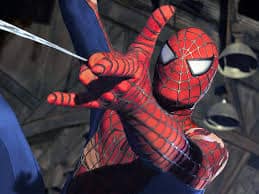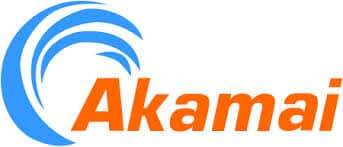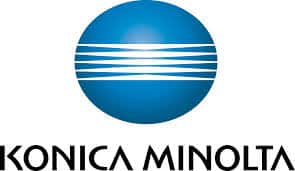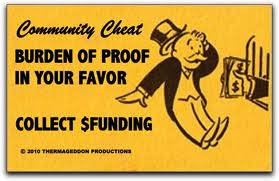In 1990, an inventor obtained a patent for pressurized foam that can be shot in a way that mimics a spider’s string. Marvel Entertainment makes and markets products featuring Spider-Man, and Marvel began marketing a Web Blaster which shoots out foam, but without remunerating the inventor. Litigation for patent infringement ensured in 1997, and was […]
No Duty To Defend In Disparagement Case.
An insurance company denied patent and trademark liability coverage to a manufacturer of goods and services because the suit did not allege the company disparaged its competitor. The appellate court agreed with the insurance company that it had no duty to defend. The case was eventually heard in the California Supreme Court which held: “We […]
New Standard Set To Test Whether A Patent Is Ambiguous.
The United States Supreme Court remanded a patent case involving a heart rate monitor used with exercise equipment to the Federal Circuit to apply a new standard regarding whether or not a patent is ambiguous. The high court stated: “[W]e hold that a patent is invalid for indefiniteness if its claims, read in light of […]
No Liability For Inducing Patent Infringement.
A patent claims a method of delivering electronic data using a content delivery network [CDN]. The exclusive licensee of that patent designates certain files, a process called tagging. Another technology company also operates a CDN and carries out several of the steps claimed in the patent, but instead of actually tagging, it provides instructions for […]
You Can Trust Me With Our Nondisclosure Agreement; Tell Me About Your Invention.
During negotiations, which were the subject of a nondisclosure agreement, an inventor described the invention of “digital stamping technology” [DST]. After negotiations failed, the inventor discovered the other party to the negotiations had filed for patents encompassing its DST. After a court trial, the court awarded the inventor damages, prejudgment interest and attorney fees. On […]
U.S. Supreme Court Rules On Attorney Fees Issues In Two Patent Cases On The Same Day.
35 U.S.C. § 285 states: “The court in exceptional cases may award reasonable attorney fees to the prevailing party.” In 1982, Congress created the Federal Circuit Court and vested it with exclusive appellate jurisdiction in patent cases. For the next two decades, the Federal Circuit Court instructed district courts to consider the totality of the […]
Non-Disclosure Agreement: Whoever Keeps His Mouth And His Tongue Keeps Himself Out Of Trouble. Proverbs 21:23.
An inventor of a memory chip design brought an action against defendants alleging misappropriation of trade secrets, unfair competition, breach of contract and related causes of action, but the amended and operative pleading was only for breach of contract. A jury found the defendant breached the non-disclosure agreement signed at the outset of negotiations and […]
Burden Of Proof In Patent Case Brought As A Declaratory Relief Action.
The dispute revolves around a license given to licensee by licensor/patentee to practice certain of licensor’s patents in exchange for royalty payments. Licensor contended licensee infringed the licensed patents, and licensee challenged that assertion of infringement in a declaratory relief action. The district court concluded licensor/patentee, as the party asserting infringement, had the burden of proving […]
Nurses: A Shot In The Arm.
The California Supreme Court decided who may administer insulin to diabetic students, in light of “a longstanding shortage of school nurses.” In 2007, California’s Department of Education stated that “trained school personnel who are not licensed health care providers may, when no nurse is available, administer insulin pursuant to medical orders of students’ treating physicians.” The […]
Spiderman Not Able To Combat His Foes.
Plaintiff invented a SpiderMan toy that allowed a user to mimic the superhero with foam string. Thereafter a rival produced a similar SpiderMan role-playing toy. Plaintiff sued the rival for patent infringement. The parties settled while the underlying action was pending, with the rival agreeing to purchase the patent. Their agreement had no expiration date, and […]








